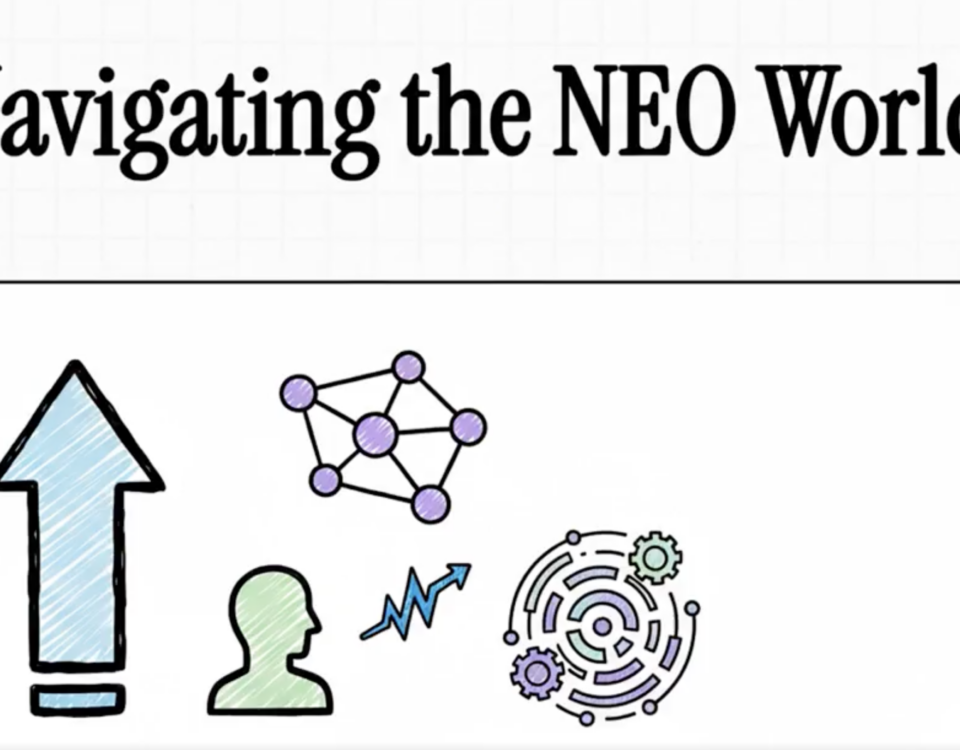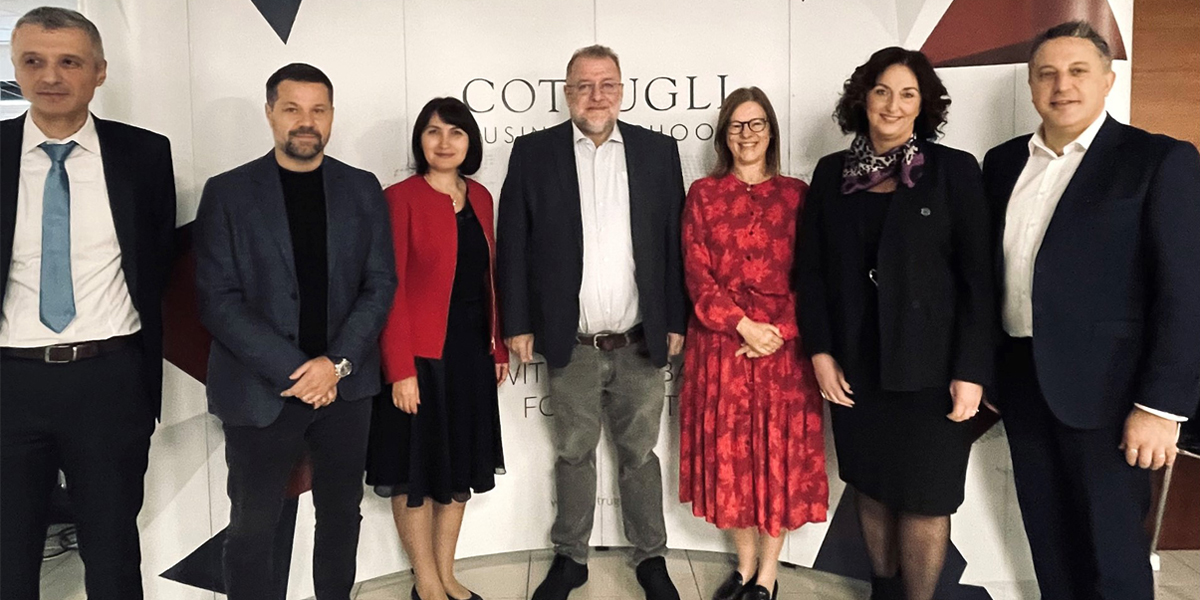
SiA program that promotes entrepreneurs and creates opportunities with investors is now available in Croatia
15/11/2022
Don’t leave strategy to chance – Become a part of positive entrepreneurial statistics
05/12/2022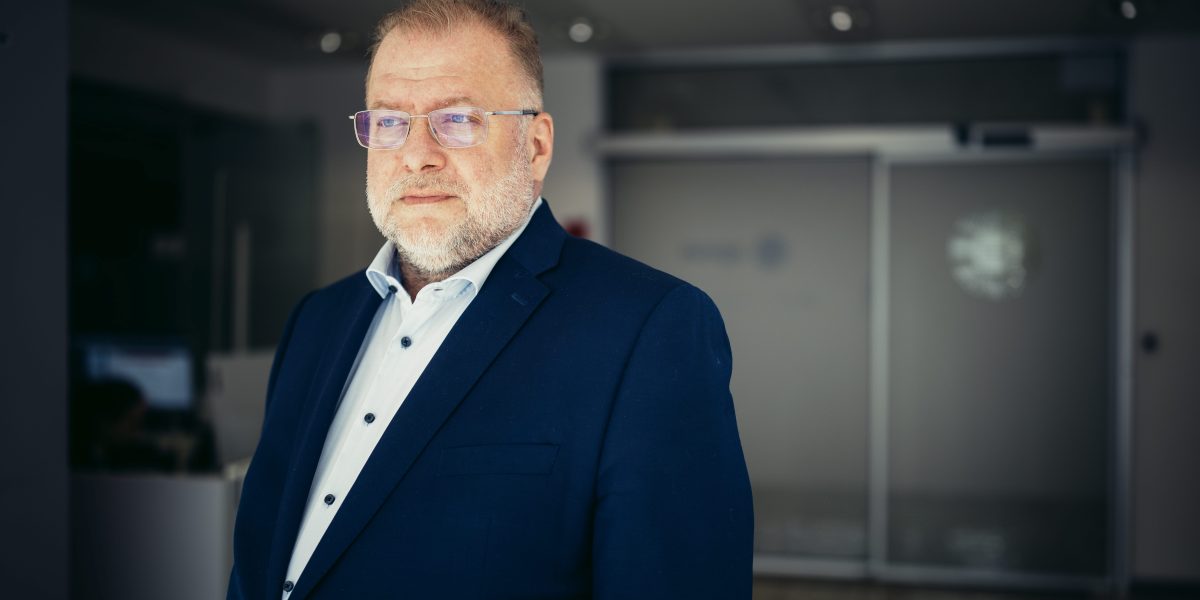
Strategy in Action (SiA): Now Available in Croatia
The Strategy in Action (SiA) program, a key part of the ELITE initiative by the London Stock Exchange, has officially launched in Croatia. This marks an important step forward for small and medium-sized enterprises (SMEs) in the region.
Designed to support companies in developing strategic plans for growth and scaling, SiA offers tools for better corporate governance, opens access to capital, and prepares companies for potential public offerings. Through high-quality education and targeted support, Croatian entrepreneurs can now create and execute robust business strategies with investor confidence.
COTRUGLI Leads the Way
COTRUGLI Business School has brought the SiA program to Croatia and now serves as its exclusive representative for Southeast Europe. The initiative is supported by key strategic partners, including the European Bank for Reconstruction and Development (EBRD), Privredna banka Zagreb d.d., and the Zagreb Stock Exchange.
To understand the program’s relevance and impact, we spoke with Mr. Nikola Dujmović, CEO of SPAN d.d. His company participated in the ELITE program before entering the capital market. He shared how the program helped structure SPAN’s operations, offered insight into current IT market trends, addressed challenges such as talent shortages, and supported their stock exchange listing.
SPAN’s Beginnings: From Garage to Global Player
SPAN d.d. has evolved over nearly 30 years into a company with around 800 employees and more than 1,200 clients. But like many great success stories, it started small.
“In the ’90s, everyone started in a garage—so did we,” said Dujmović. “We had a tiny shop on Tesla Street in Zagreb and a vision to focus on software instead of hardware, which most pursued at the time because it was more profitable.”
Without access to modern startup financing tools such as venture capital, the early years were tough. “Back then, banks were almost the only option for funding,” he recalled. “If we had started today, we’d be considered a startup. But instead, we modeled ourselves after companies in more developed markets—those that sold services, software, and installations rather than hardware.”
With Dujmović’s programming background and his partner’s experience in telecommunications, they created a company that chose long-term impact over short-term gain. That mindset paved the way for decades of growth.
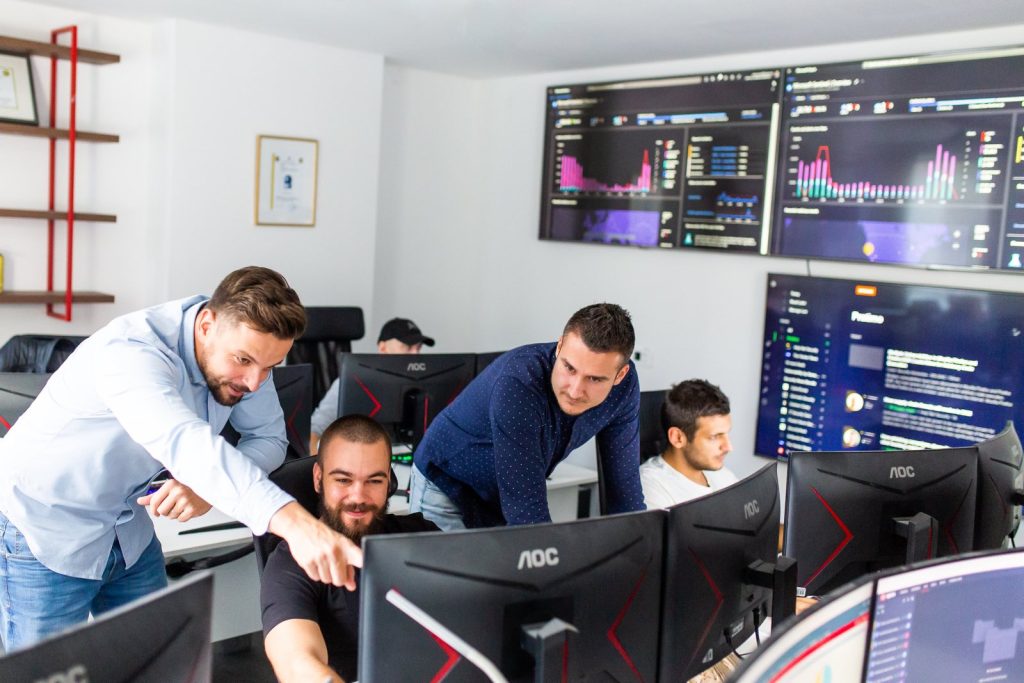
Companies usually have to have business plans and strategies. Did any of them foresee this kind of success?
From Humble Beginnings to International Partnerships
“When we started, we were driven by hope. Without it, we wouldn’t have even begun,” recalls Dujmović. “We didn’t open a company just to shut it down—but we also didn’t expect to reach today’s numbers.”
Back then, having 150 employees was considered a major success. Today, SPAN is approaching 800. While this is impressive by Croatian standards, Dujmović is quick to point out the global context: “We’re still a micro company on the world stage. Even among McDonald’s 14 international IT partners, we’re the smallest. The second smallest is ten times our size!”
Some global clients have questioned whether such a small company can handle complex projects. “But of course, we can,” he explains. “These projects don’t require all 500 employees—smaller, focused teams of 30 to 50 people carry them out effectively.”
Working with foreign markets from early on pushed SPAN to grow, sometimes beyond their comfort zone. “Success is a relative term,” Dujmović says. “There were times, when we were a team of 100, that we had more capital. But surviving as a small company abroad is incredibly difficult.”
A key turning point was recognizing the importance of investing in talent. “Our growth wouldn’t have been possible without a strong HR department. Hiring the right people at the right time enabled us to attract, retain, and manage top talent—and that’s been a critical part of our success.”
People Are the Key to Growth
In today’s market—especially in the IT sector—people are the most valuable and often the most scarce resource. “Smart and skilled individuals are always in short supply,” says Dujmović. “That’s why companies must not only attract talent but also create meaningful ways to retain them.”
At SPAN, one of the most impactful initiatives has been the implementation of the ESOP (Employee Stock Ownership Plan). Internal surveys show a significant rise in employee satisfaction following its launch. “Our churn rate dropped, and people now stay longer on average. That tells us we’re doing something right.”
Tech Trends: Cloud and Cybersecurity Lead the Way
The acceleration of digitization, driven by the pandemic and geopolitical instability, has reshaped the IT landscape. “Two main trends dominate the market today—cloud and cybersecurity,” explains Dujmović.
Major players like Google, Amazon, and Microsoft are fiercely competing in the cloud space. The cloud has become a dominant force, solving long-standing issues around integration, connectivity, and data security.
But with everything now digitized, vulnerability has increased. Cyberattacks are more frequent than ever, making security a central concern. “We’ve been working in this area for years, and just this fall, we launched the SPAN Cyber Security Center in partnership with Israeli experts to help regional companies tackle today’s cyber challenges.”
Setting High Ethical Standards
In addition to tech innovation, SPAN takes a strong stance on ethics—especially when it comes to corruption. “Yes, bribery remains a risk in this region,” Dujmović acknowledges. “We developed an internal anti-bribery system and certified it through the ISO standard.”
This system isn’t for sale. Instead, it serves to guide internal operations and ensure fair and ethical treatment of clients and partners. “It’s not just about money. We avoid even inappropriate gifting practices. These standards are essential—not just to retain clients, but to preserve our reputation.”
SPAN has maintained this integrity from the start. The ISO certification simply formalizes their long-standing values, offering clients proof of reliability.
Going Global Without Fear
With over 65% of its revenue coming from international markets, SPAN ranks among Croatia’s largest exporters. “I’ll say it bluntly—we’re good at what we do,” says Dujmović. “Every company goes through ups and downs, but we’re currently in a growth phase.”
Just last month, SPAN hired 50 new employees. “We would hire 500 if we could find the right people. We’re not afraid of getting bigger.” Despite uncertainties like potential new taxes, the company remains confident. “We’ve built our success through our own efforts—and we’ll handle whatever comes next, just as we have since 1992.”
Lessons from ELITE: The Value of Structure
SPAN became the first Croatian IT company to go public. A key part of that journey was their participation in the ELITE program, developed by the London Stock Exchange. That same program—Strategy in Action—is now being brought to Croatia by COTRUGLI Business School.
So, what made the biggest difference? “The program forces you to structure your operations and processes,” says Dujmović. “For us engineers, it was frustrating at times—but when we prepared to go public, we realized how vital it was.”
Success alone wasn’t enough. They had to present a compelling, well-structured story to investors. “We saw how many companies like ours were out there. To stand out, we needed clarity, focus, and strong communication.”
That’s the real power of Strategy in Action. Even for companies that aren’t planning to list on the stock market, it builds essential skills. “Participants leave the program with deeper knowledge, practical experience, and sharper leadership abilities. They become better equipped to lead and grow their companies.”
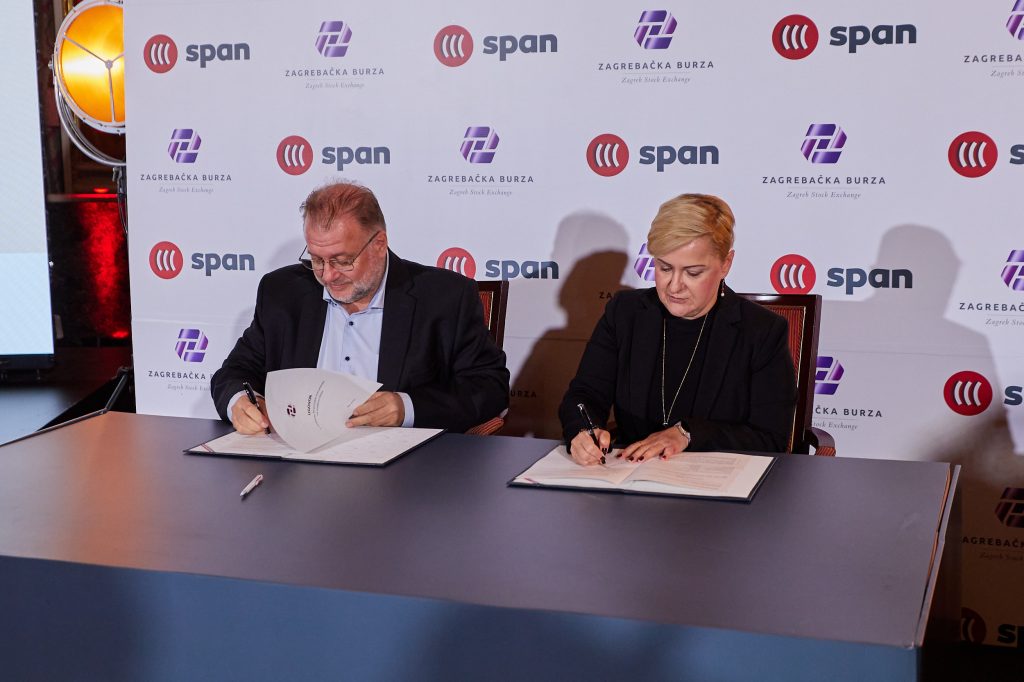
Strategy in Action (SiA) is a vital component of the London ELITE program and is now available in Croatia. Do you expect to hear something new that can help in doing business on the domestic market?
There is always room for more knowledge. Our market remains relatively shallow, partly because few companies choose to enter the capital market and release part of their ownership. Even if some entrepreneurs prefer to rely solely on bank financing, it’s still essential to understand how to strategically plan for turbulent times ahead. Ultimately, the value of any program depends more on how much participants apply what they’ve learned than on the quality of the lectures themselves.
After completing the ELITE program, SPAN went public. But why has the Croatian stock market remained largely inactive since the financial crisis, with few IPOs and little interest in strategic partnerships?
“We already explored a form of strategic partnership back in 2000, when we sold 60% of the company to a Hungarian partner,” explains Dujmović. “But by 2007, we initiated our first management buyout and repurchased their share. That experience showed us that strategic partnerships weren’t the right fit for our company. They disrupted the rhythm of our operations, and we realized that wasn’t the direction we wanted to go.”
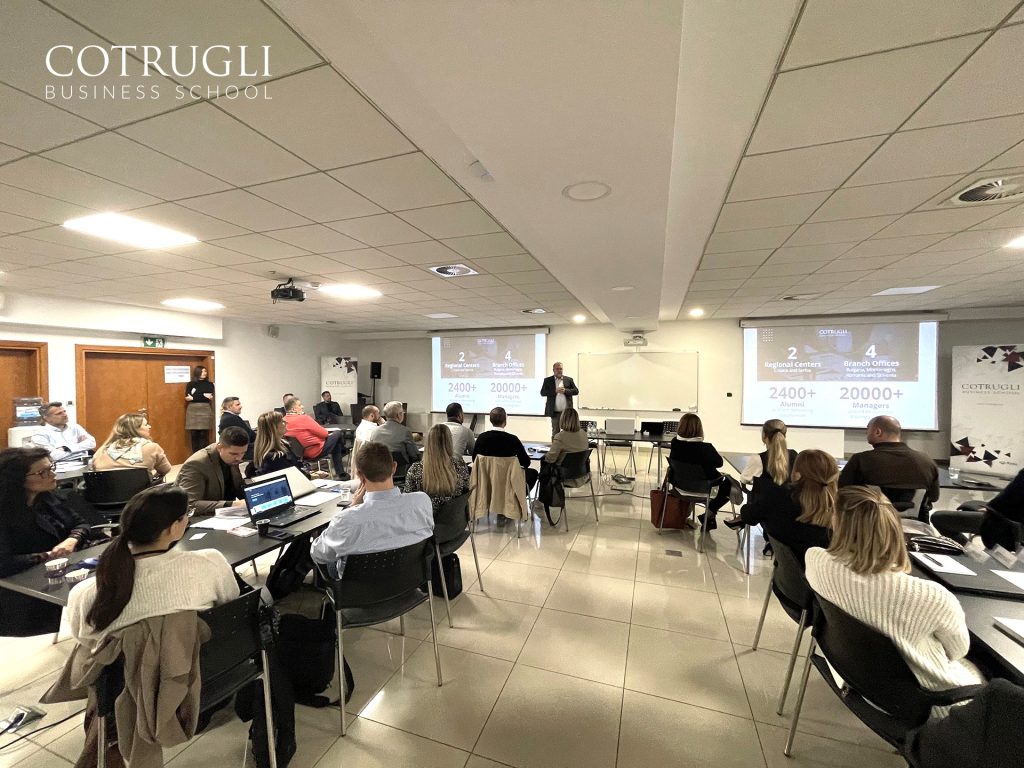
So, IPO remains an option? Through the public offering, you sold 578,200 offered shares (29.5%) and collected more than one hundred million Croatian kunas. Are you satisfied, and did you expect such interest?
A Milestone Moment: Going Public with SPAN
“We were delighted. Naturally, there was some excitement on the listing day, especially since we knew the share issue price,” recalls Igor Drašković. “But the level of investor interest exceeded all expectations.”
For HRK 160, investors wanted to buy more than a million shares—79% more than the number offered. At HRK 175, demand still reached almost 810,000 shares, or 40% above supply. In the end, the company chose the maximum price point.
Employees Exceeded All Expectations
Interest among employees also surpassed forecasts.
“We expected engagement, especially since we asked them a year earlier if they’d be interested,” says Drašković. “Many said they would buy shares, but we didn’t anticipate demand being three times higher than available supply. That level of confidence from both internal and external stakeholders was a huge vote of trust.”
Drašković also notes that despite skepticism about whether there was enough capital or investor interest in listing tech companies, 75% of new shareholders were private individuals. The employee interest turned out to be even higher than the internal survey predicted. “In a time overshadowed by uncertainty, SPAN’s IPO became one of the few uplifting stories—bringing people together,” he adds.
Despite the Crisis, Strong Results
In the meantime, the world faced new challenges: war and inflation. Yet SPAN continued its upward trend.
- Revenue for the first nine months: Over HRK 650 million – 11% increase year-on-year
- EBITDA (before one-offs): HRK 55+ million – 68% increase
- Net profit: HRK 39.4 million – 162% growth
The strongest performance came from high-value services, particularly:
- Software Development and Business Solutions – 66% growth
- Infrastructure Services, Cloud, and Cybersecurity – 56% growth
Losses in the Ukrainian market (where Microsoft offered services for free to users) were fully offset by gains across all other markets and business segments.
IPO Momentum Boosted by the ELITE Program
“The IPO gave us strong momentum, but the ELITE program gave us the wind behind it,” Drašković says. “Its biggest value? It taught us to think structurally—something many Croatian companies are unfamiliar with.”
He highlights how unexpected yet impactful mentors, like a Ducati-loving consultant from the London Stock Exchange, challenged their assumptions. “Connections across sectors and international exposure are crucial, especially for companies looking to expand.”
Why the Strategy in Action (SiA) Program Matters
Would Drašković recommend the SiA program?
“Absolutely,” he affirms. “Even if a company doesn’t plan to go public, it must know how to secure diverse financial sources and build its tech and human capacity. If you don’t know where your weakest link is, how can you confidently manage the rest?”
In today’s volatile world, strategic planning isn’t optional—it’s essential. “This program is a valuable investment in long-term resilience and growth. I’ve gained practical tools, insight, and experience that helped shape SPAN’s success. I strongly encourage other entrepreneurs to take advantage of this opportunity and learn how to lead their companies with strategy—now and for the future.”
To learn more about the SiA program, visit the link.
Cover photo credits: Vedran Peteh / Cropix



